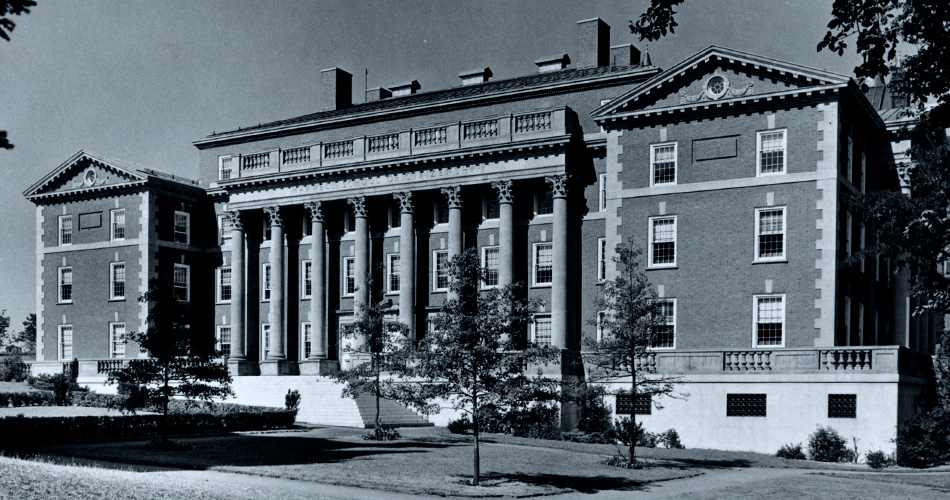Trade, Development and Political Economy presents :Trade Patterns after the Expiration of the Generalized System of Preferences
341 Eggers Hall
Add to: Outlook, ICal, Google Calendar
Speaker: Shushanik Hakobyan
(Assistant Professor of Economics, Fordham University)
Abstract: This paper investigates whether the expiration of the most comprehensive trade preference program offered by the US had a detrimental impact on the imports from developing countries. The US Generalized System of Preferences (GSP), introduced in 1975, allows select developing countries to export to the US duty free. However, it is not a permanent program and needs to be renewed by the Congress regularly. In 2010, the Congress unexpectedly failed to renew the program, and it remained expired through the first 10 months of 2011. Using panel data on all exporters to the US, and because the GSP is applied to select countries and particular products, the author is able to examine the impact of its expiration with a triple difference-in-differences estimation controlling for both country-and product-level import changes. The results suggest that the expiration of GSP had a considerable impact on the level of exports to the US, particularly of textiles and apparel products. These import responses were the largest in product categories that faced higher tariffs. These findings provide further support for trade preference programs as instruments to stimulate exports from developing countries.
Tuesday, October 1, 2013
4:00 pm
341 Eggers Hall
Open to
Public
Contact
Accessibility
Contact to request accommodations

We’re Turning 100!
To mark our centennial in the fall of 2024, the Maxwell School will hold special events and engagement opportunities to celebrate the many ways—across disciplines and borders—our community ever strives to, as the Oath says, “transmit this city not only not less, but greater, better and more beautiful than it was transmitted to us.”
Throughout the year leading up to the centennial, engagement opportunities will be held for our diverse, highly accomplished community that now boasts more than 38,500 alumni across the globe.